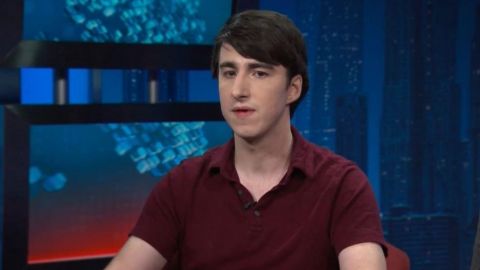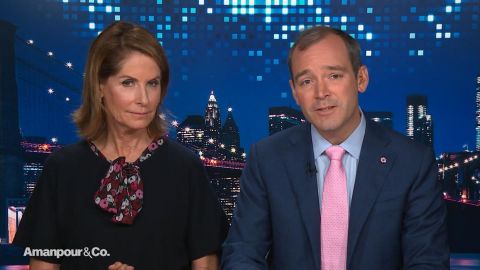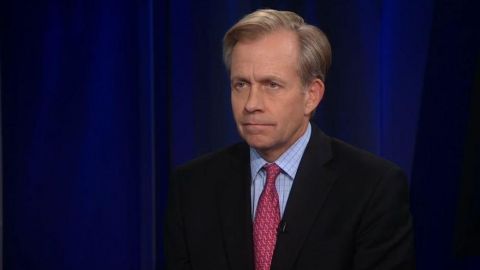Read Transcript EXPAND
CHRISTIANE AMANPOUR: So Perri, let me ask you first. Why did you choose it? What was happening around you that just even made you focus on this?
PERRI PELTZ, CO-DIRECTOR & CO-PRODUCER, ALTERNATE ENDINGS: You know, it`s a great question and people ask that question a lot. It started actually as a film, a documentary about longevity. And at the time, Sheila Nevins who was president of the HBO documentary films after a couple of months of looking at longevity as a topic said, “You know what, we`re taking our eye off the ball. We are all going to die. We`re not talking about dying and the truth is a lot of people are talking about longevity and the different ways to stay alive.” And that`s how it happened. We made a shift then.
AMANPOUR: And Matthew, let me ask you. What was it about the way people either were not talking about it or their notions, the tradition of how people die and how families talk about it and deal with it right down to funerals that you focused on?
MATTHEW O`NEILL, CO-DIRECTOR & CO-PRODUCER, ALTERNATE ENDINGS: Well, in so many ways, death is the final taboo. I mean we can talk about almost anything on television, over the dinner table. We can talk about sex. We can talk about drugs. But everyone is afraid of death. And death is something we`re all going to have to deal with and have to embrace because it`s inevitable. And what you see in these six stories that are shown in the film is individuals who are approaching the end of life with the consciousness and intentionality that really differentiates them from what I think is the norm. And it`s people who are thinking about death as a part of life. And when you approach death that way, it`s in some ways more peaceful, easier for I think the person who is dying and for the people around them.
AMANPOUR: Yes, it`s a bit like flipping a switch I guess. I mean you can choose to look at something one way or another way. And I was stunned to read that even in New York City apparently there are these things called death cafes where people congregate to talk about these issues. So you focus as you said on six different stories. I`m going to play a little clip of a guy called Guadalupe. He`s in a wheelchair. We see him and he`s talking about a living wake or a living memorial and he`s surrounded by his family. So let`s play the clip and then we`ll chat about it.
(BEGIN VIDEO CLIP)
GUADALUPE: It`s a wonderful day because I see everybody around me. And I love it when all of my family is around me. Especially I have some grandkids and great-grandkids. They`re the most important things in my life. I`m going to feel great. I want to feel like the luckiest person in the world.
UNIDENTIFIED FEMALE: Bingo.
UNIDENTIFIED FEMALE: Thank you, baby.
UNIDENTIFIED MALE: Say louder, bingo.
UNIDENTIFIED FEMALE: Bingo.
(END VIDEO CLIP)
About This Episode EXPAND
Lewis Lukens joins Christiane Amanpour to discuss a thinning line between foreign policy decisions and trade. Hari Sreenivasan delves into the perils of technology and the alt-right with Caleb Cain and Kevin Roose. Perri Peltz and Matthew O’Neill speak to Amanpour about their new documentary, “Alternate Endings: Six New Ways to Die in America.”
LEARN MORE


